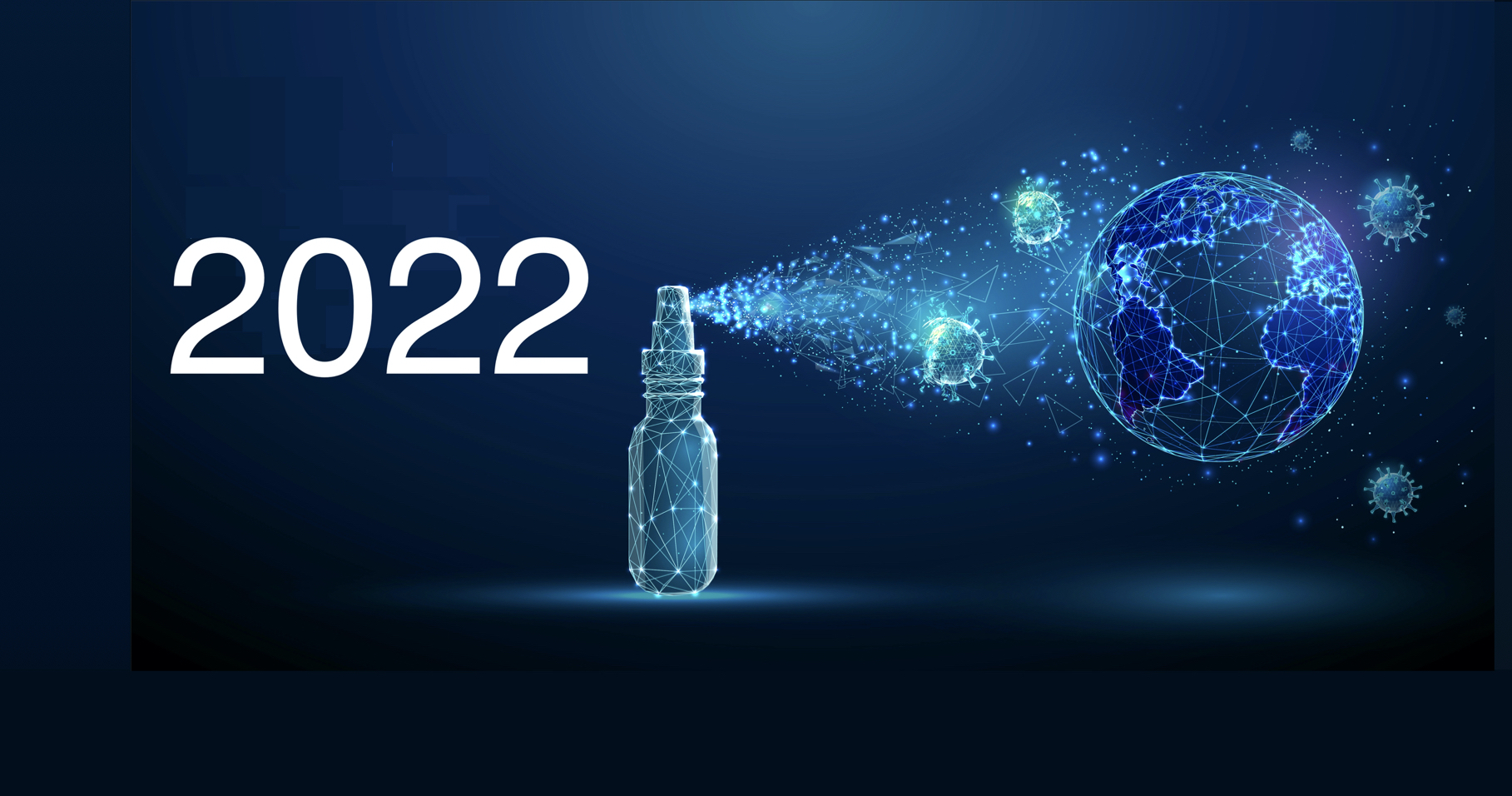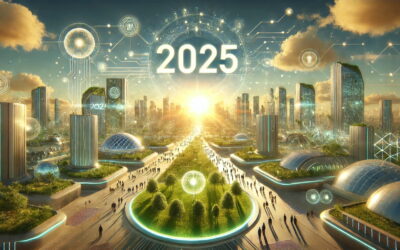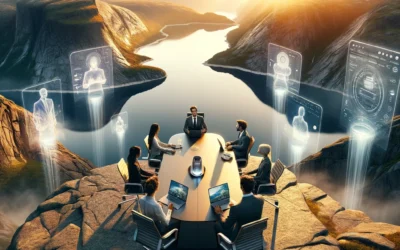As we eagerly wave goodbye to 2021, we are two years from the initial reports of the Covid-19 virus. With the arrival of the new Omicron variant, we see new restrictions enacted worldwide. Again. These have been two difficult years, but we have gradually learned to navigate a new reality that is not going away anytime soon.
It is too early to talk about Post-Pandemic anything. Instead, we should focus on adapting to what is happening now. The pandemic is part of that picture, but it is not the whole picture.
Historians will undoubtedly look at this decade as one in which many stressors came together to accelerate change. Before Covid-19 arrived, technology enabled decentralization in many areas, including– work, education, production, transportation, agriculture, and construction. The pandemic and governments’ response significantly accelerated all decentralization trends, but they were there all along, and they will be there when the current pandemic eventually fades.
We are now seeing the beginning of the next stage of the Internet’s evolution. By the end of this decade, the Internet will be a solar system-wide network of increasingly autonomous physical and virtual objects. These objects will be linked with distributed ledgers, smart contracts, and cryptocurrency. We will use physical touch and augmented and virtual reality interfaces to interact with them.
Marketing hype notwithstanding, what this “metaverse” will look like hasn’t been completely fleshed out. That would be an impossible task. However, it’s safe to say that the Internet will become even more intimately connected with every aspect of our existence, individually and organizationally.
Humans do need a physical connection. The mental health challenges in the pandemic and the social distancing economy have been considerable. So many have suffered from grief, isolation, uncertainty, and stress. Improving mental health at scale represents an enormous commercial opportunity. It is not just physical healthcare services that will move to the edge (witness exercise apps, blood oxygen monitoring, and at-home Covid test kits). Mental health apps already help us sleep better and provide access to psychological tools and live therapists.
Corporate leaders are working hard to make sense of the new operating environment. They need to accelerate their pace of renewal and innovation to cope with business model disruption. They must also learn to better appeal to individuals seeking more autonomy. In 2022 we will go into more detail about the various challenges faced by corporations and investors.
In addition to new technologies and the pandemic, we must also factor in government action as a source of disruption. Around the world, we have seen increasing signs of government interference, ranging from increasing regulation and protectionism to outright oppression of speech, limits on travel, and even concentration camps. In China, technology is a tool of systematic government surveillance and oppression.
Geopolitical tensions are also on the rise. The current Russian leadership longs for the stronger, more powerful Russia of old, and its neighbors are concerned. A China steadily more oppressive at home and threatening abroad now presents a significant global challenge. When geopolitical tensions persist, trade suffers, and supply chains are affected. There is a great deal of interest in reducing the reliance on manufacturing in China and Taiwan.
The eventual complete decentralization of manufacturing will make production outsourcing a thing of the past. Until then, many industries have complex just-in-time supply chains and have suffered tremendously due to government interference and plummeting demand in the early days of the pandemic. Many industries have still not recovered.
The so-called Great Resignation is making life difficult for employers. So many capable people have gone freelance, changed careers, or retired early. The relationship between people and organizations will probably never be the same.
We ARE in a post-industrial transition, characterized by exponential technology development and rapid decentralization. It is, however, a messy transition. The pandemic, industrial policy, trade policy, and geopolitical tensions all play a part. Instead of planning for the end of the pandemic, we must become more capable of change now.










